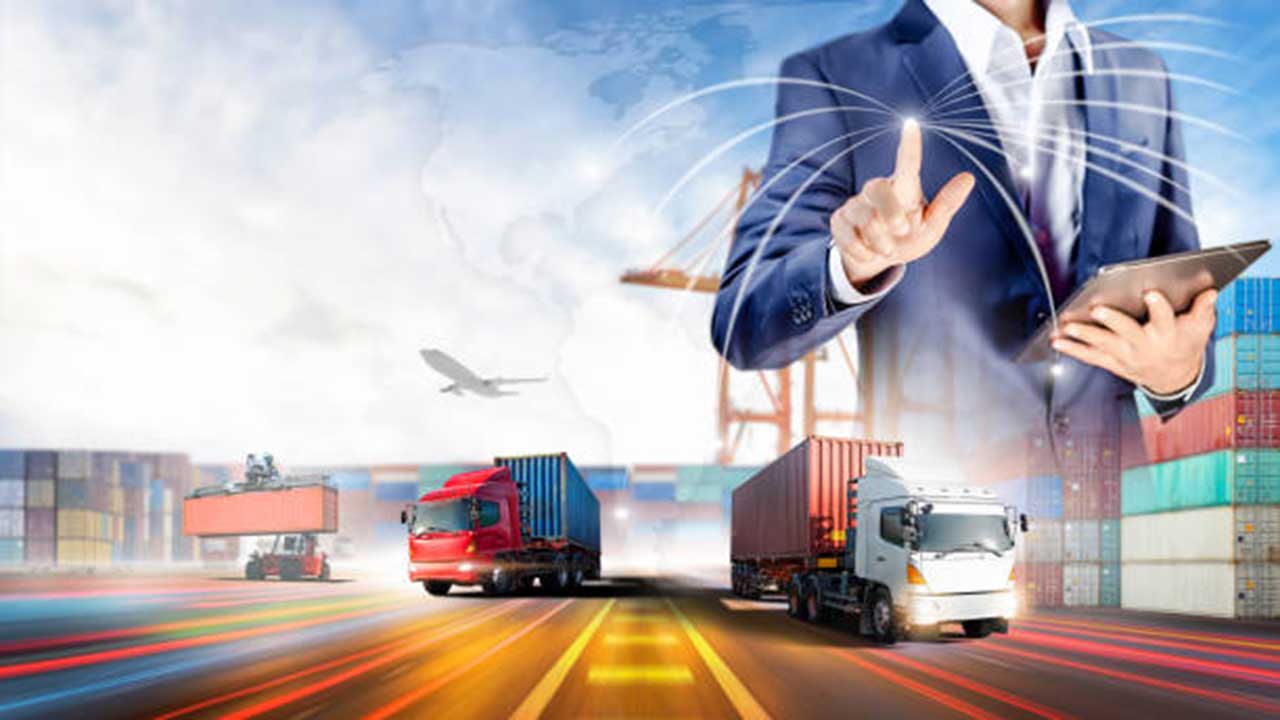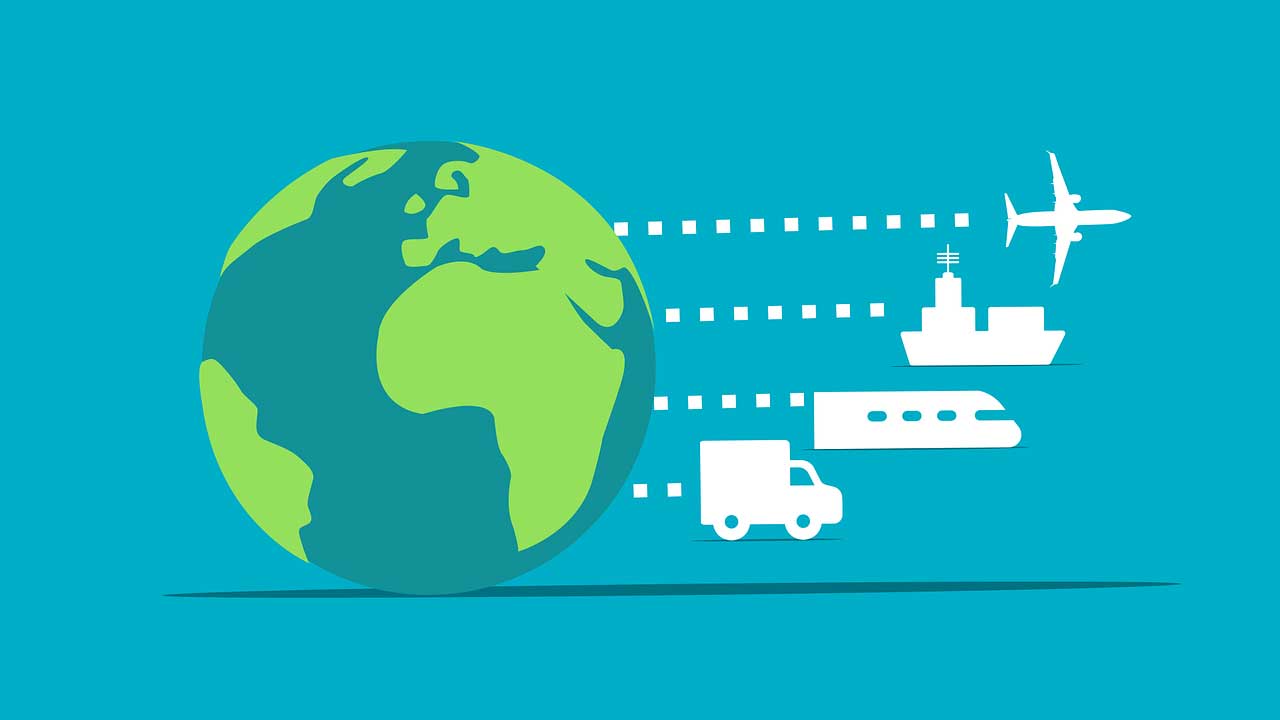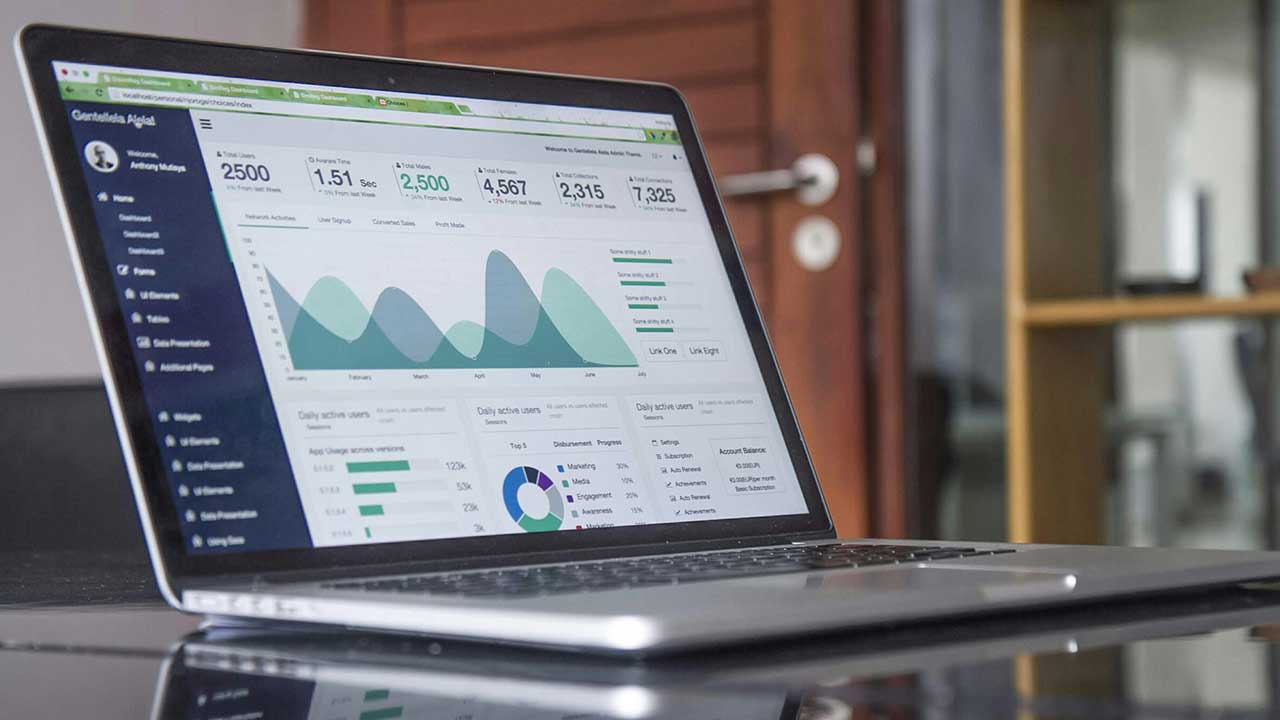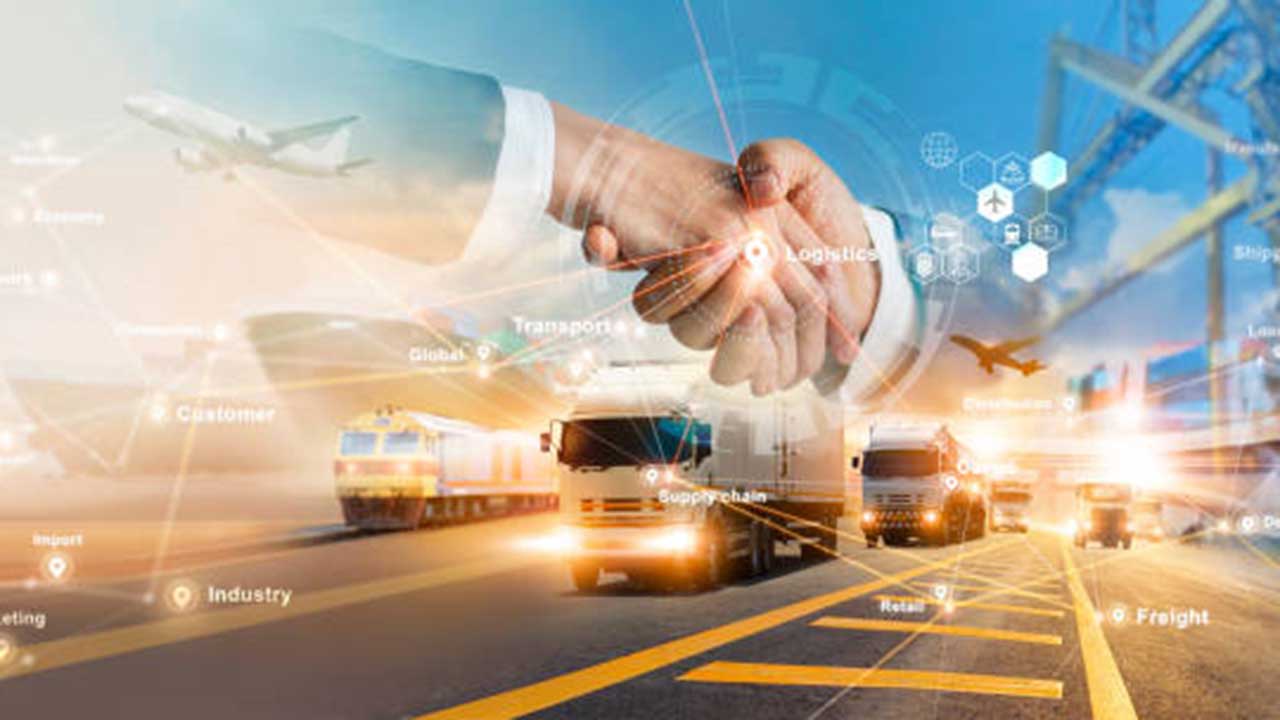
The Future of Logistics and Sustainable Supply Chain
The world of logistics is undergoing a metamorphosis. From the way goods are transported to how they are tracked and managed, we are witnessing a surge of innovations that promise to revolutionize the entire supply chain. Efficiency, once a primary focus, is now intertwined with sustainability, creating a dynamic landscape where technology plays a pivotal role. Let's delve into the exciting future of logistics and explore how advancements are paving the way for a more efficient, sustainable, and resilient supply chain.
Embracing Automation and Intelligence: The Rise of the Machines
The future of logistics is powered by automation and artificial intelligence (AI) or logistics and supply chain software. Imagine a world where robots handle the heavy lifting in warehouses, tirelessly picking and packing orders with precision. AI, meanwhile, analyzes vast amounts of data to optimize routes, predict demand with uncanny accuracy, and even schedule preventative maintenance for vehicles, minimizing downtime. This intelligent duo translates to several benefits:
-
Enhanced Efficiency: Robots handle repetitive tasks with speed and consistency, freeing up human workers for more strategic roles like quality control and problem-solving. AI-powered optimization reduces travel times, minimizes wasted trips, and ensures optimal utilization of resources.
-
Reduced Errors: Human error is a significant factor in logistics. Automation minimizes the risk of picking mistakes, misplaced inventory, and incorrect deliveries. AI algorithms can also detect potential issues within the supply chain before they occur, allowing for proactive solutions.
-
Improved Scalability: As businesses grow, their logistics needs evolve. Automation and AI provide a scalable solution, readily adapting to increased order volumes and fluctuating demand. This allows companies to focus on core competencies without worrying about logistics infrastructure limitations.
Real-Time Visibility and Connectivity: The Power of the Network
The Internet of Things (IoT) is weaving its magic throughout the logistics landscape. Imagine sensors embedded in every package, tracking location, temperature, and even potential damage in real-time. This interconnected network provides unprecedented visibility into the supply chain, allowing for informed decision-making and proactive interventions.
-
Enhanced Transparency: Customers can track their orders in real-time, receiving accurate information on location and estimated delivery times. This fosters trust and a more positive customer experience.
-
Predictive Maintenance: IoT sensors can monitor vehicle performance and environmental conditions within warehouses. By analyzing this data, companies can predict potential equipment failures and schedule maintenance proactively, minimizing downtime and ensuring smooth operations.
-
Proactive Problem Solving: Real-time data from sensors can reveal potential issues like temperature fluctuations in perishable goods transportation. This allows for immediate corrective measures, minimizing product spoilage and ensuring customer satisfaction.
Sustainability at the Forefront: A Greener Future
The future of logistics prioritizes sustainability. With a growing emphasis on environmental responsibility, companies are embracing eco-friendly practices throughout the supply chain. Here are some key trends shaping a greener logistics landscape:
-
Green Logistics: Electric vehicles are emerging as a viable alternative to traditional fuel-powered trucks. Companies are also exploring optimized delivery routes and consolidation strategies to reduce fuel consumption and carbon emissions.
-
Eco-Friendly Packaging: The days of excessive packaging are numbered. Companies are innovating with sustainable packaging solutions, utilizing recycled materials and adopting minimal yet effective designs to minimize waste.
-
Circular Economy: The circular economy promotes the reuse and recycling of resources. Logistics companies play a vital role in facilitating the efficient flow of materials within this closed-loop system, minimizing environmental impact and promoting resource conservation.
A More Resilient and Agile Supply Chain: Weathering the Storm
The future of logistics is about building resilience and agility. The global landscape is prone to disruptions, from natural disasters to unexpected shifts in demand. Advancements in technology will enable logistics companies to adapt to unforeseen challenges more effectively.
-
Real-Time Data Insights: Logistics companies will leverage real-time data to monitor supply chain disruptions and identify potential bottlenecks. This allows for proactive adjustments to routes, inventory allocation, and resource deployment.
-
Interconnected Systems: A network of interconnected systems within the supply chain enables faster communication and collaboration. This allows companies to react swiftly to disruptions and implement effective solutions to minimize delays and maintain operational efficiency.
-
Predictive Analytics: AI-powered analytics can analyze historical data and identify potential disruptions based on weather patterns, political unrest, or other factors. This predictive capability allows companies to prepare contingency plans and mitigate potential risks proactively.
The Road Ahead: A Brighter Future for Logistics
The future of logistics is brimming with possibilities. By embracing technological advancements and prioritizing sustainability, we can create a more efficient, resilient, and environmentally friendly supply chain for generations to come. As technology continues to evolve, the boundaries of what's possible in logistics will undoubtedly continue to expand, pushing the


